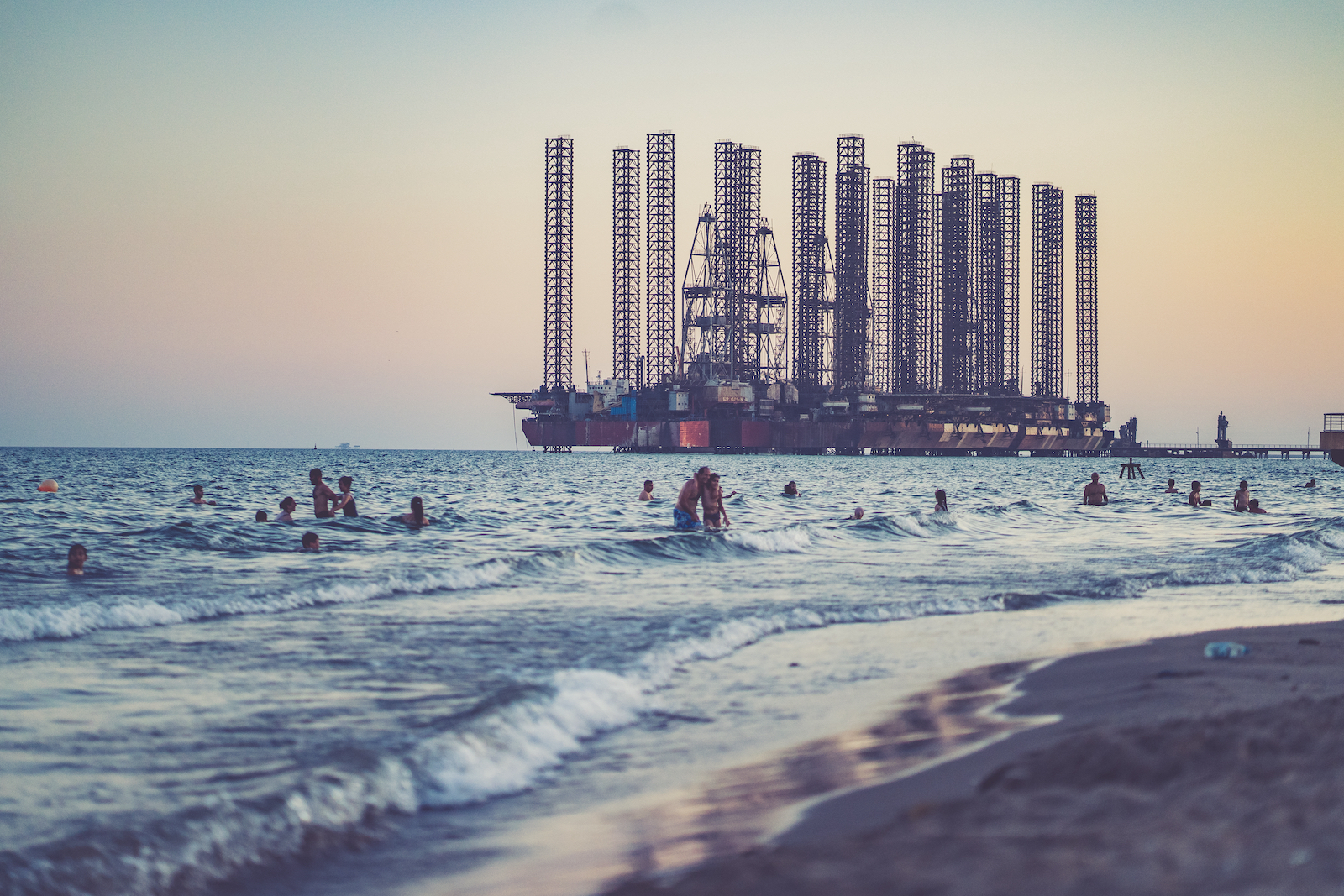
Azerbaijan’s Quest for Global Recognition at COP29
Oil is omnipresent in Baku. The distinct smell of it greets visitors upon arrival, and tankers are a constant sight along the shores of the Caspian Sea, where the city is situated. The city’s sky is illuminated by flares from nearby refineries, and a short journey reveals fields of piston pump oil wells, painted in festive red and green.
Mukhtar Babayev, Azerbaijan’s Minister of Ecology and the chair of the two-week-long COP climate summit, envisions the country as a global crossroads. He believes Azerbaijan can serve as a bridge between the affluent Global North and the impoverished Global South. As a former Soviet bloc nation, it also stands between East and West. Additionally, it connects fellow oil and gas producers with the consuming countries that comprise its export market.
Azerbaijan is where the world’s first oil wells were drilled in the 1840s, more than a decade before the United States drilled its first well in Pennsylvania. It remains one of the most fossil-fuel-dependent economies, with oil and gas accounting for 90% of its exports and providing 60% of the government’s budget.
This dependence has brought significant wealth. According to the International Energy Agency, “Oil and, more recently, gas have been largely responsible for the remarkable rise in living standards in Azerbaijan since the late 1990s.”
However, the country is transitioning to renewable energy, with significant plans for expanding wind and solar power. A planned interconnector will transport this low-carbon energy to Eastern Europe, passing under the Black Sea to reach Bulgaria, Hungary, and Romania.
In December, at the COP28 summit in the UAE, countries agreed to move away from fossil fuels. For many, this fell significantly short of the complete phase-out that more than 80 states had advocated. Nevertheless, it marked the first time in 30 years of global climate conferences that fossil fuels—the primary cause of the climate crisis—were explicitly identified and addressed. This underscores the tremendous influence that fossil fuel producers hold over the world. As UN Secretary-General António Guterres put it, they “have humanity by the throat.”
At the Baku conference, the focus will shift from the excess of fossil fuels to the critical shortage faced by proponents of climate action: finance. Significant investment is needed to reduce greenhouse gas emissions, enhance the resilience of existing infrastructure to extreme weather, and drive the “green transition” necessary to keep global temperatures within 1.5°C of pre-industrial levels.
A report led by economists Lord Stern and Vera Songwe indicates that, by 2030, approximately $2.4 trillion will be required annually solely for developing countries, excluding China, to implement the necessary changes.
“We need to ensure the availability, accessibility, and affordability of finance,” said Babayev. “Donors from the developed world must carefully listen to the perspectives of developing countries as well.”
Countries like Zambia are in urgent need of funding, especially as they grapple with severe hunger due to the driest agricultural season in over 40 years. However, accessing finance is nearly impossible for these countries because lenders either refuse loans altogether or impose high interest rates and burdensome conditions, citing the perceived high risk associated with poorer nations.
The challenge for Azerbaijan and the UN is that while COP29 is tasked with delivering a finance agreement, the primary levers of power are held elsewhere. In recent years, the World Bank, the largest global development finance institution, has been criticized by many poorer countries for its perceived shortcomings in climate finance.
But who should primarily provide finance for the climate? The definition of developing countries has remained unchanged since 1992, despite the rapid economic growth and increased emissions of many emerging economies. If a climate treaty were drafted today, it might seem incongruous to categorize countries like Saudi Arabia, Qatar, the United Arab Emirates, Singapore, South Korea, and others with high per capita income—largely due to oil wealth—alongside nations such as Chad, Burkina Faso, and Bangladesh.
The conflicts in Ukraine and Gaza will also have significant implications. Azerbaijan’s presidency of COP29 was secured only in the final stages of COP28, following Vladimir Putin’s blocking of Eastern European candidates like Romania and Bulgaria. Azerbaijan assumed the presidency only after an agreement was reached between Putin and Armenia.
Achieving a successful COP under Azerbaijan’s leadership that addresses critical issues such as climate finance and mobilizes trillions of dollars for the green transition in developing nations would be an exceptional accomplishment. However, it seems doubtful given the current lack of consensus on funding sources and mechanisms, and the insufficient amounts being discussed.
Nonetheless, COP29 has the potential to make significant strides, possibly paving the way for a global financial agreement that acknowledges and meets the needs of developing countries.
